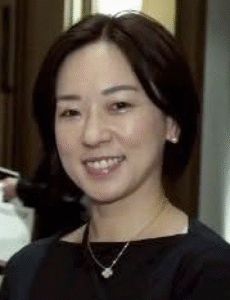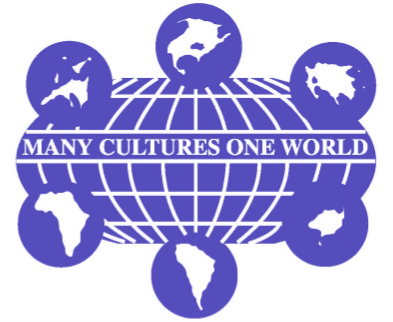 Junko Honda, PhD, MBA, RN, PHN, CTN-A, FTNSS
Junko Honda, PhD, MBA, RN, PHN, CTN-A, FTNSS
Professor
Phone: +81-78-925-9646
E-mail: junko_honda@cnas.u-hyogo.ac.jp
Website: https://www.u-hyogo.ac.jp/careken/
Expertise Areas:
- focuses on supporting children with chronic illnesses or disabilities and their families
Languages spoken, read/write*:
Japanese, English
Select Publications:
- Collaborative Practices in Unnamed Housework and Childcare Among Dual-Earner Families: A Qualitative Descriptive Study on Family-to-Work Enrichment, Miyuki Ishii, Junko Honda, Yuko Shimoda, Cureus 17(9) e92439 202
- Social Capital and Family Well-Being Among Immigrant Chinese and Native Japanese Families Raising Children in Japan: A Cross-Sectional Study, Qiting Lin, Takafumi Soejima, Shiqi Zhang, Hisashi Nakaguchi, Satoshi Takatani, Junko Honda, Naohiro Hohashi, Noriyuki Nishimura, Healthcare, 2025
- Reliability, and Validity of the Japanese Version Psychological Safety in High Fidelity Simulation Scale (PS-HFS-J), Keisuke Nojima, Makoto Tsukuda, Kosuke Kawamura, Junko Honda, Mie Murozumi, Nursing Reports 2025
- Health-Related Quality of Life Among Siblings of Children with Special Needs and Typically Developing Children in Japan: A Cross-Sectional Study, Hisashi Nakaguchi, Junko Honda, Satoshi Takatani, Qiting Lin, Mari Kitao, Takafumi Soejima, Noriyuki Nishimura, First published online April 13, 2025
- Outreach by Municipal Public Health Nurses to Vulnerable Pregnant Women During the COVID-19 Pandemic: A Qualitative Study, Miyuki Ishii, Junko Honda, Cureus 17(2) e78755 2025
Present/Future Directions
My work in transcultural nursing focuses on supporting children with chronic illnesses or disabilities and their families to live safely and confidently in their communities, regardless of cultural or linguistic background. These families often face complex challenges within fragmented care systems, making culturally responsive nursing essential.
In recent years, Japan has seen a significant increase in immigrants and international visitors, highlighting the urgent need for culturally competent care in both acute and community settings. However, knowledge and skills related to transcultural nursing remain underdeveloped in Japanese nursing practice and education.
I believe it is my responsibility to lead efforts to advance transcultural nursing in Japan. Through promoting culturally respectful care, fostering international collaboration, and enhancing nursing education, I aim to bridge the gap between global standards and local practice. Now is the time for Japan to embrace cultural diversity in nursing, and I am committed to being at the forefront of this transformation.
Updated 10/2025
